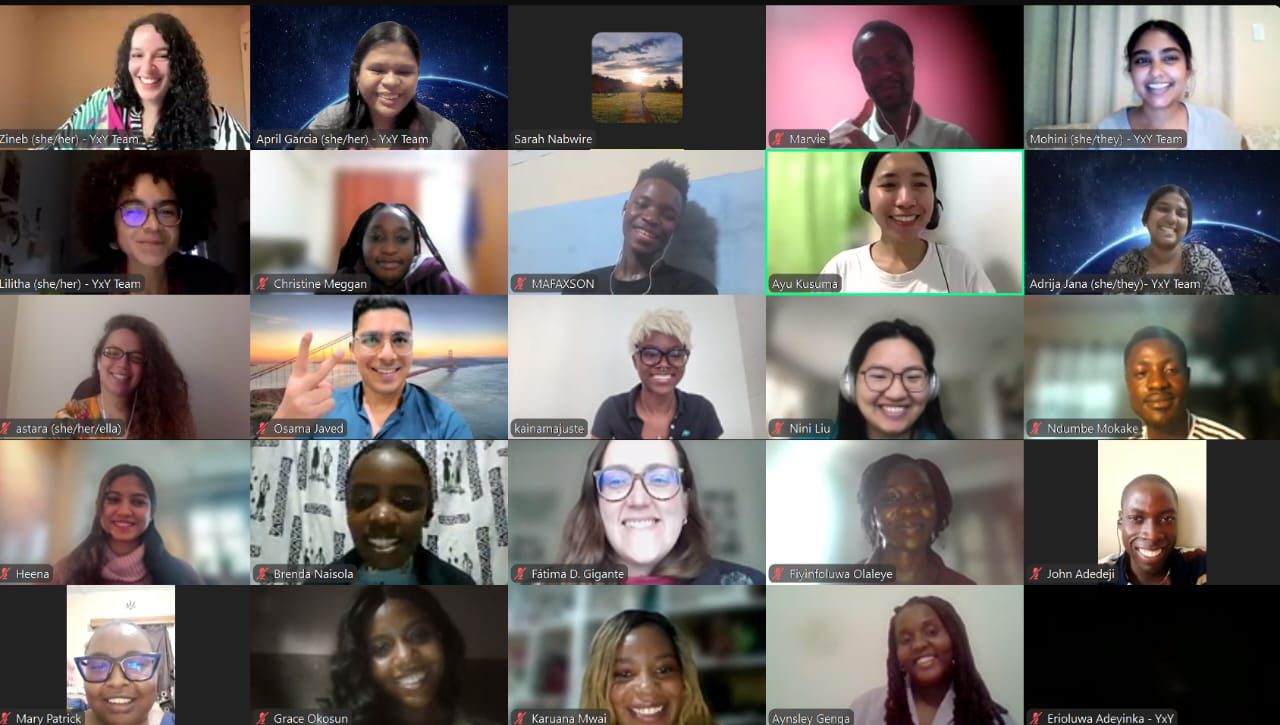
“Being a refugee is not always a choice, unless one has personal interests”.
The world is full of people with different states and lifestyles regarding their multiple challenges. Some live peacefully in their home countries forever, many experience instability for a while, more face demanding situations which force them to leave their respective homes before being resettled somewhere else, others undergo worse challenges and remain displaced forever.
If you have ever experienced this, you will easily understand the meaning and coincidence between home and refugee camp as they attract our curiosity. This will bring us to go through an overview and path to flee home before touching the reality and envy to leave the camp.
HOME OVERVIEW
“most will need to understand that home is crucial for one’s life”.
As home can result in multiple definitions, it is essential to make it easier for a better understanding, taking it as a place or country where one lives permanently as a family or household member. Wherever someone lives, they have hope of building memories and future wealth. This seems to be a pursuit for many people; unfortunately, it becomes a dream when all the efforts invested to achieve it are reset from zero.
In permanent and secured places, people tend to peacefully invest everything they have for their sustainability and children’s successful future. Though, they run different activities such as:
- Maintaining environment
- Housework
- Money management
- Education engagements
- Arts and low technology
- Promotion of culture, customs, traditions and civilizations
- Etc,
The sacrifice invested in education helps them build an intellectual community that holds responsible people with numerous abilities in administrative, socio-political and legal studies, business and innovations, activism, culture and traditions, religion and many more.
PATH TO FLEE HOME
Many countries today are littered with wars, conflicts and insecurity. Every single day there are people who are forced to make life changing decisions to either stay in the countries where they were born and raised in, risking continued persecution or conflict, or leave everything they have ever possessed, known and had behind and rebuild hope of a better future. Unfortunately, many displaced people face the challenges of leaving and going without their normal provisions from their original homes and find themselves in endless regret.
This situation happens in numerous countries around the world, but we can take as examples: Democratic Republic of Congo, Yemen, Ethiopia, Somali, Ukraine, Cameroon, Syria, Afghanistan,… whose populations are unwillingly and frequently fleeing their homes to find peaceful places. Whenever they are unable to get luxurious habitats, shelters are crucial help for them. They do not opt for refugee camps but are forced to go through them.
Therefore, they face multiple challenges caused by insecurity, conflict, bad governance, and repetitive wars that have harmful consequences or effects like: poverty, hunger, vagrancy, homelessness, death, anxiety, depression, displacement, etc. Some shift for a while, others are forced to flee their homes for good, look for temporary shelters in neighboring countries.
When people are in their respective countries , have prior access to appropriate medical care, properly organized education institutions and stable employment opportunities, unfortunately, once entered a refugee camp often means all dreams are left behind and taken back to ground zero.
Without spending much time guessing what could happen, it is later understood that refugee camps do not afford many opportunities to their residents. The worst is seeing their achievement being turned in vain and their actions dying before themselves.
REALITY AND ENVY TO LEAVE THE CAMP
“Whoever thinks refugee camps are the best options, has never lived in one, and it will take them a long time to understand this until they try to visit one.”
Camp villages view

It is known that some refugees often arrive in camps with physical injuries, illnesses, and psychological trauma resulting from their experiences before and during displacement and rather than prospering, they undergo the worst life full of enormous challenges after being granted an asylum in the camp. This is also observed in Nakivale refugee settlement located in western Uganda.
Some of the challenges that refugees face are:
- Lack of basic needs
The lack of basic necessities is one of the most significant challenges that refugees face. The scarcity of adequate food, clean water, and proper sanitation facilities is taken as a permanent struggle. Due to limited resources and the huge number of people seeking refuge, these essential provisions often fall short of meeting the needs of everyone in the camp.
Some refugees do farming activities, which take a long time before harvesting their products, few dive into fishing and others are not able to do so. The food assistance provided by the UN agency in charge of food “World Food Program”, is not enough and cannot enable refugees to have stability in feeding their families. In addition, sufficient and clean water seems to be a dream for refugees, and this situation leads to different diseases.
With the massive overcrowding situation caused by the endless venue of new refugees in the camp, we can observe an incremental degradation of medical care, shelters, and many more needs. Sometimes, with only one official hospital with insufficient care and few nurses without permanent doctors, some people spend a whole day at the hospital waiting for free panadol tablets or a packet of pills for their sicknesses, others give up after passing days without being treated but given appointments.
- Education
Education is another area where refugees struggle in camps, especially in Nakivale. Children and adults may have limited or no access to formal education, disrupting their learning and development of their intellectual capacities and critical thinking abilities. Schools within the camps are often makeshift structures, missing proper facilities, qualified teachers, and necessary educational materials. Teachers do not also get enough salary that is why they undermine the service that they deliver to children. This lack of education opportunities further hinders the refugees’ ability to acquire skills and knowledge that can help them rebuild their lives in the future.
Sometimes there can be only one school in a sub-camp, and students have to go along miles passing many villages to reach the school, those ones cannot be strong enough to study properly. Due to that situation, individuals have taken initiatives of creating their private schools and hiring volunteers as teachers.
- Psychological issues
Refugees face psychological challenges in the camps. Many have experienced traumatic events, including violence, loss of loved ones, and displacement. The environment of the camp, having overcrowded and chaotic conditions can develop feelings of anxiety, depression and hopelessness. The lack of opportunities and sense of permanence in the camps can further contribute to the refugees’ mental health struggles.
- Unemployment or joblessness
Occupations are always best practices for every human being to smoothly run their activities and live in good conditions, unfortunately this seems to be a dream for refugees who starve in camps looking for jobs until they despair and envy to leave the camp.
CONCLUSION
It is important to emphasize that refugee camps are meant to be temporary solutions, they may make refugees have a smile after finding stability and security with legal status but, these are far from providing meaningful living conditions that lead them to aspire rebuilding their lives elsewhere.
When refugees try to look for better living conditions outside of camps, in host communities either in towns or villages, they face adaptation challenges and decide to come back and restart everything in camps hoping that one day those conditions will change. That is why refugees consider camps as their homes because they can go out and come back without thinking about their respective countries.


%20(1).jpg)



Comments